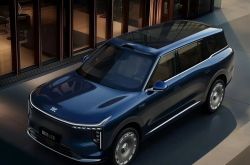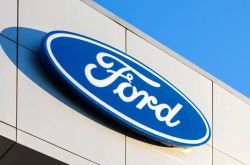Wang Sicong restarts his business, getting up where Wang Jianlin fell?
![]() 08/30 2024
08/30 2024
![]() 431
431
Wang Sicong, who once boasted, “I make friends regardless of their wealth,” is now also starting to consider how to make money.
At the end of last year, Wang Sicong, who had been silent for several years, suddenly appeared at the signing ceremony for the Taishan Cultural Tourism Fitness Center project. In the photo where all attendees wore black suits, Wang Sicong stood out in casual wear.
Although Wang Sicong doesn't have the aura of a successor, considering that Wang Jianlin's hundred-billion-yuan business is on the brink of danger, “succession” or “non-succession” may no longer be a choice question but a necessary one.
Recently, some media reported that Wanda Group plans to sell Hangzhou Gongshu Wanda Plaza for about 1.5 billion yuan. Meanwhile, Hangzhou ICON Entertainment City, in which Wang Sicong holds some equity, is about to open. While the father is “selling off,” the son is “joining in.” Are the father and son taking big steps to recreate a “new Wanda”?
1. Wanda Group is busy selling off assets
Since last year, Wang Jianlin has repeatedly staged the act of “severing an arm to survive.” The root of it all lies in Wanda's “listing dream.” At the end of 2014, Wanda Commercial Properties was listed on the Hong Kong Stock Exchange with a market value of HK$215 billion, making it the largest IPO on the Hong Kong Stock Exchange that year.
However, Wanda's status as a “property developer” was not popular in the Hong Kong stock market, and Wanda Commercial Properties' valuation continued to decline after its listing. This prompted Wang Jianlin to consider a dual listing in Hong Kong and mainland China (H+A), but this has not materialized.
In 2016, Wanda Commercial Properties chose to delist and privatize, withdrawing its A-share IPO application. However, the funds for Wanda Commercial Properties' privatization did not all come from Wanda Group. Instead, Wang Jianlin played a financial trick by raising over 30 billion yuan from multiple financial groups and signing a gambling agreement. Wanda Commercial Properties needed to list on the mainland's main board by August 31, 2018, after delisting from the Hong Kong stock market.
This led to the subsequent quarrel between Wang Jianlin and Sun Hongbin at a meeting, with Sunac eventually taking over Wanda's cultural tourism projects for 6.3 billion yuan. Behind this, it was precisely because Wanda failed to fulfill the gambling agreement that it had to divert funds to acquire investors' equity.
Ultimately, Wanda restructured its real estate and commercial management businesses and established Zhuhai Wanda Commercial Management in March 2021, launching another IPO attempt on the Hong Kong Stock Exchange. Although the addition of new partners resolved the deficits of old partners, it also brought new gambling agreements. Although Wanda Commercial Management's listing date has been delayed repeatedly, it must still be completed by 2023.
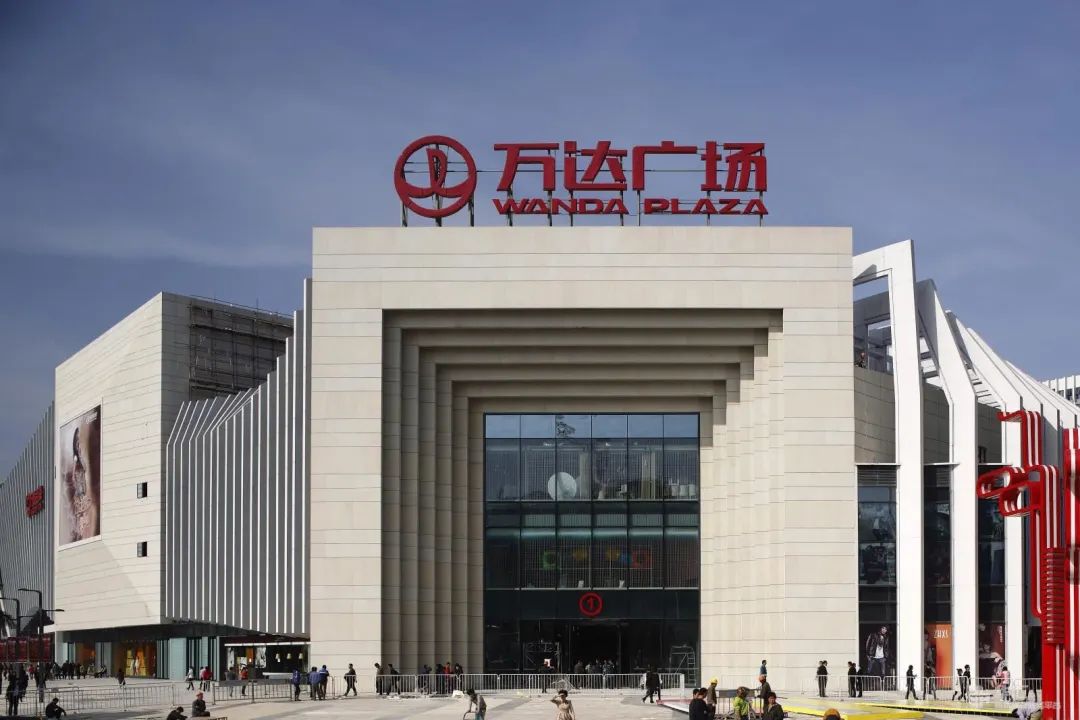
As we all know, the capital market has been “cold” towards the real estate industry in the past two years. Ultimately, Zhuhai Wanda Commercial Management still failed to successfully list, leaving Wang Jianlin with debts of up to 38 billion yuan.
Since then, Wang Jianlin has embarked on a path of “selling off assets.” The biggest deal was when Wang Jianlin sold “Zhuhai Wanda.” In December last year, Dalian Wanda Commercial Management Group signed an investment framework agreement with PAG Asia Capital, which will invest approximately 60 billion yuan in Dalian Xindameng Commercial Management Co., Ltd. (the parent company of Zhuhai Wanda Commercial Management), jointly with multiple investment institutions, holding a 60% stake, while Dalian Wanda Commercial Management will hold a 40% stake.
In addition, Wang Jianlin continues to sell off assets. According to incomplete statistics, Wanda Commercial Management has transferred more than 26 Wanda Plazas to external parties since last year, located in Beijing, Shanghai, Guangzhou, Zhuhai, and other places.
Wanda Film, which serves as the “blood bag” of Wanda Group, is not immune either. Currently, the “Ruyi Group,” which has intricate ties with Tencent Holdings, has become Wanda Film's largest shareholder.
2. Wang Sicong quietly starts a side quest
After Wanda sold off various assets, Wang Sicong, who had previously stated his disinterest in inheriting the family business, was ridiculed by netizens for “not having to consider succession.”
In fact, the biggest “scandal” surrounding Wang Sicong in recent years has not been how to save Wanda but his “emotional disputes” with a female internet celebrity surnamed Huang. While Wang Sicong remains active in the “entertainment section,” his father, Wang Jianlin, cannot escape the “financial section.”
According to Tianyancha, Dalian Wanda Group Co., Ltd. (hereinafter referred to as “Wanda Group”) has added a new equity freeze information, with the frozen equity amount being 100 million yuan. It can be seen that even after obtaining 60 billion yuan in investment, Wanda still needs to repay a considerable amount of debt.
Recently, media reports revealed that Wang Jianlin put Hangzhou Gongshu Wanda Plaza up for sale at a price of 1.48 billion yuan. According to industry insiders, this is Wanda Group's first Wanda Plaza in Hangzhou, and the current selling price shows almost no appreciation. This low-priced sale of core assets reflects Wanda's financial pressure behind the scenes.
It is worth mentioning that industry intermediaries stated that not only is Gongshu Wanda Plaza intended for sale, but all Wanda Plazas nationwide are negotiable. Wanda is in a “hot water,” so although Wang Sicong has repeatedly stated that he “will not succeed his father,” he has not been entirely inactive.
As early as the end of last year, Wang Sicong's “Beijing Huanju Commercial Management” signed a cultural tourism project with the Taian Municipal Government in Shandong Province, with a total investment of approximately 3.7 billion yuan. In April this year, the project has started inviting investments.
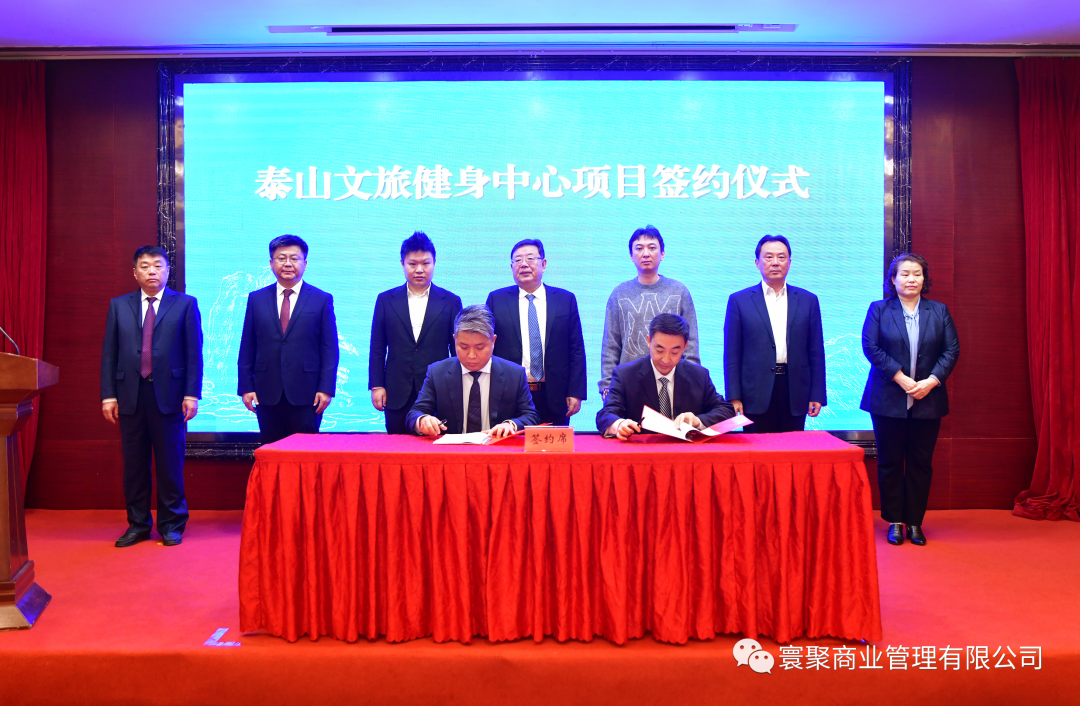
According to the official account of “Beijing Huanju Commercial Management,” the company's business covers cultural tourism, commerce, experiential consumption, and night entertainment, with over 70 projects and more than 100 offline stores, managing assets exceeding 6 billion yuan in scale.
Currently, the commercial projects that “Beijing Huanju Commercial Management” has implemented include the Hangzhou ICON CENTER trendy night entertainment complex, the Queen's Park national trend industry incubation center, and the Meihetang Michelin dining cluster center.
It is reported that the Hangzhou ICON project will open for trial in August, and the project's social media account is also using “Wang Sicong” as a selling point, responding to netizens that this is an “entertainment city created by Wang Sicong,” building momentum for the project's opening.
Tianyancha data shows that the main company of the Hangzhou ICON project is Hangzhou Beizhan Commercial Management Co., Ltd. Wang Sicong indirectly holds a 35% stake in Beizhan Commercial through Beijing Pusi Investment Co., Ltd. and Beijing Changsheng Sihai Investment Management Co., Ltd.
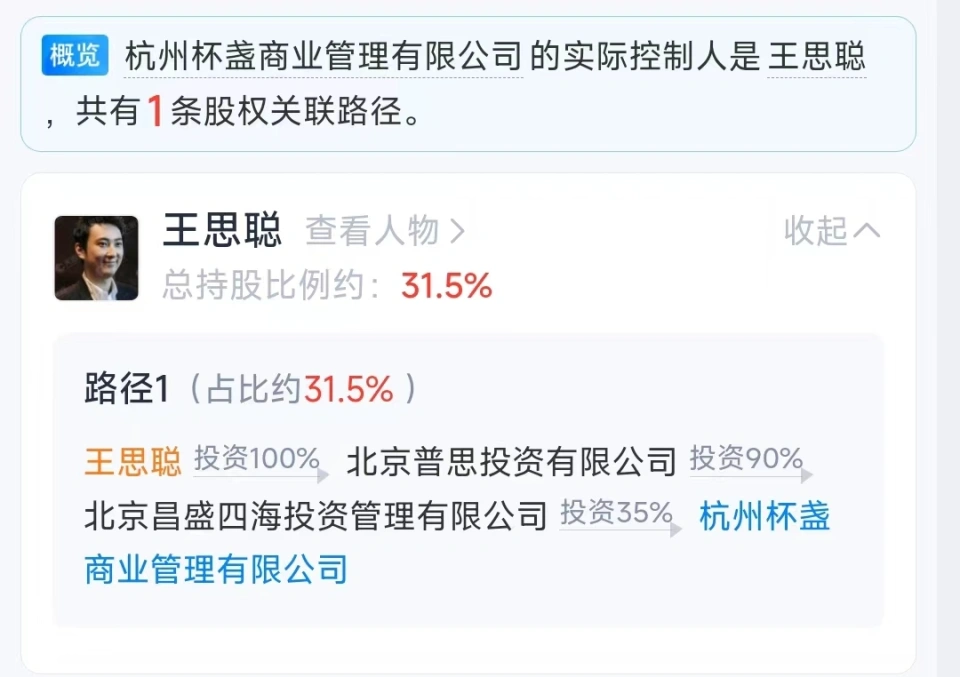
However, regarding Wang Sicong's active foray into cultural tourism and commercial projects, Wanda Group-related personnel responded last year that “Beijing Huanju Commercial Management” has no relationship with Wanda Group, and Wang Sicong basically does not participate in Wanda's business.
It seems that in the same city, the father is selling off assets, while the son is joining in, which may just be a coincidence. But Wang Sicong, who once vowed not to succeed his father, chose to start his entrepreneurial journey with e-sports entertainment projects unrelated to real estate in his early years, yet ultimately returned to the commercial real estate field, which obviously cannot be said to have nothing to do with Wang Jianlin.
3. Wang Jianlin refuses to admit defeat
In recent years, the real estate industry has been sluggish, but from Wanda Commercial Properties' two failed gambling attempts, it can be seen that Wang Jianlin is not a leader who easily admits defeat.
It is reported that Wang Jianlin once stated at an internal executive meeting that he would “never give up.” He believed that “the current difficulties are temporary and minor setbacks in the process. We have confidence and courage to overcome the current difficulties.”
For example, Wang Jianlin released a 60% stake in Zhuhai Wanda Commercial Management. Although Dalian Wanda Commercial Management remains the largest single shareholder, from a shareholding perspective, it would not be inappropriate to say that Zhuhai Wanda Commercial Management does not bear the surname “Wang.”
However, Wang Jianlin did not just “walk away” after the sale. When it came time to sell Wanda's asset package, he did not hesitate. In the end, although most of the equity of Zhuhai Wanda Commercial Management does not bear the surname “Wang,” it is essentially an asset-light company without heavy assets. What is valuable is its business model.
Therefore, as long as the “golden brand” of Wanda still bears the surname “Wang,” there are infinite possibilities for Wanda for Wang Jianlin and his son. Although “Beijing Huanju Commercial Management,” under Wang Sicong, has no relationship with Wanda, commercial management and cultural tourism projects have always been Wanda's strengths, and Wanda's resources can continue to be channeled to Wang Sicong.
Currently, the projects of “Beijing Huanju Commercial Management” are quite different in tone from Wanda's commercial projects, with a more youthful vibe. For example, although the Hangzhou ICON project is a commercial center, it introduces multiple bar brands. However, what is similar is that both father and son's commercial management companies are firmly committed to the “asset-light route.”
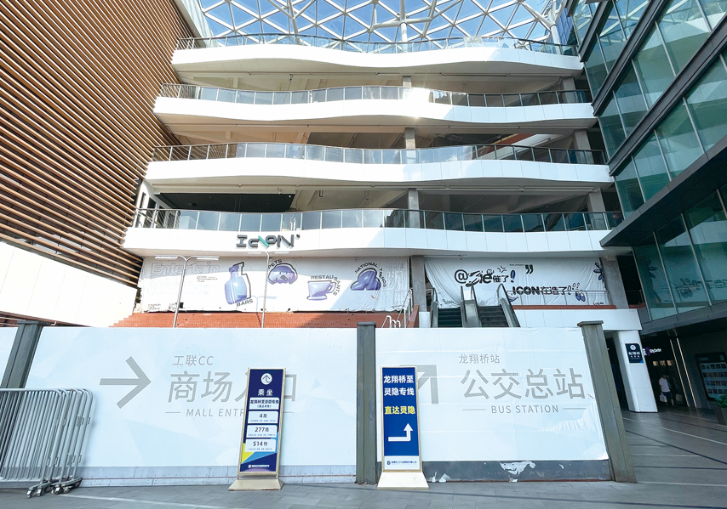
Wanda Group transitioned from early “asset-heavy” investments in Wanda Plazas to a subsequent strategic transformation of “combining assets and asset-light models,” supplementing the shortcomings of the original model with an asset-light model. Now, through Zhuhai Wanda Commercial Management's “lightweight approach,” Wanda has paid a lot of “tuition fees” along the way and is now “redeeming” those fees.
However, Wang Sicong's previous entrepreneurial failure, which even led to him being “restricted from high consumption” due to Panda Live, ultimately ended with him paying 2 billion yuan in compensation to investors for their losses.
Some netizens joked that when a second-generation rich starts a business, they are not afraid of him giving up but are afraid of him working too hard. In today's commercial market where capital dividends are no longer prevalent, especially as the real estate industry is still in an adjustment period, it will be difficult for Wang Sicong to recreate a career through “Beijing Huanju Commercial Management.”
Perhaps what we are more looking forward to is whether Wang Jianlin and his son can join forces to recreate a “new Wanda” in the future. After all, there are countless ways to make money, and every road leads to Rome. What is valuable is not only the “Wanda” golden brand but also the resources and models behind it. Although Wang Jianlin is old, he may still have a fight left in him.


